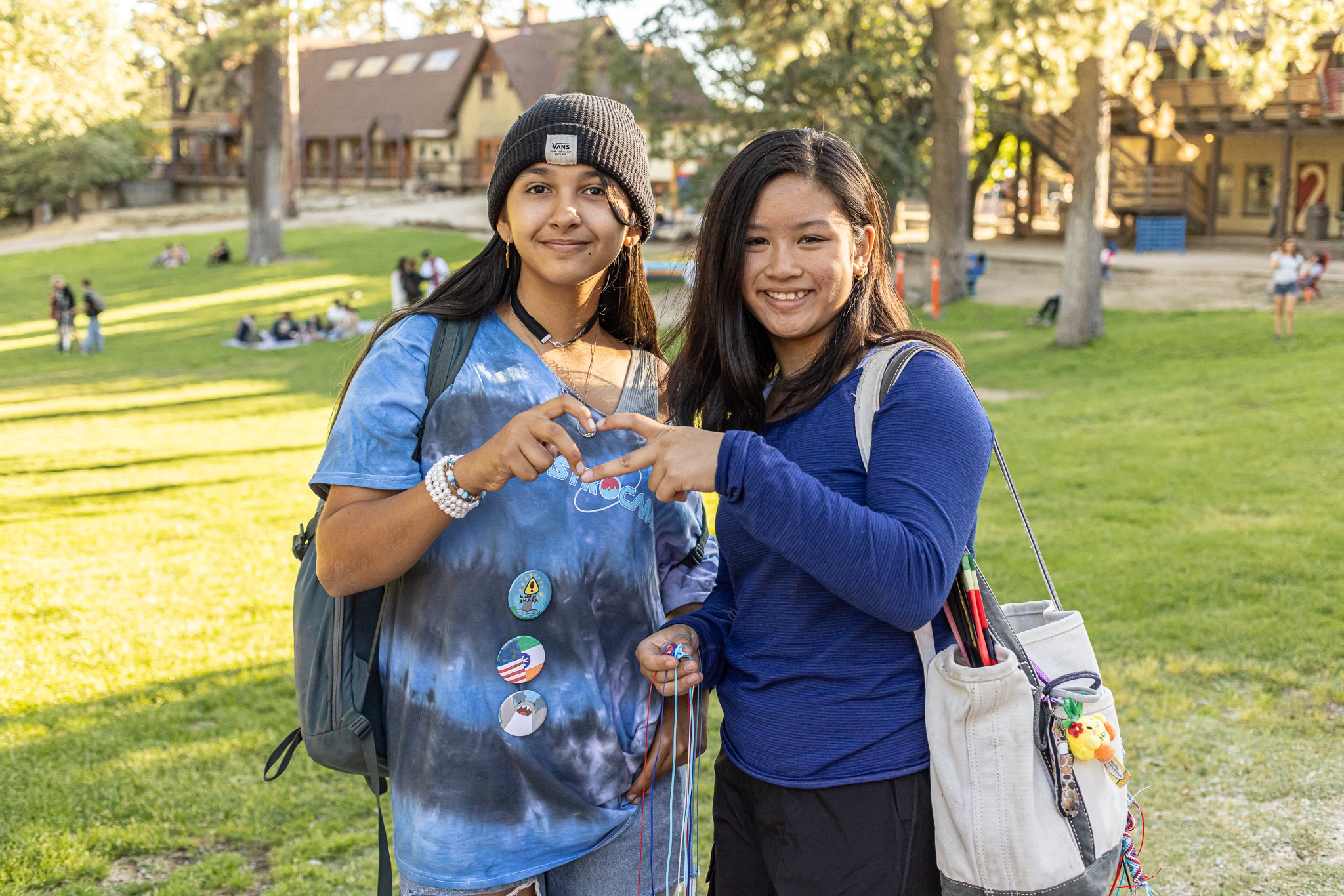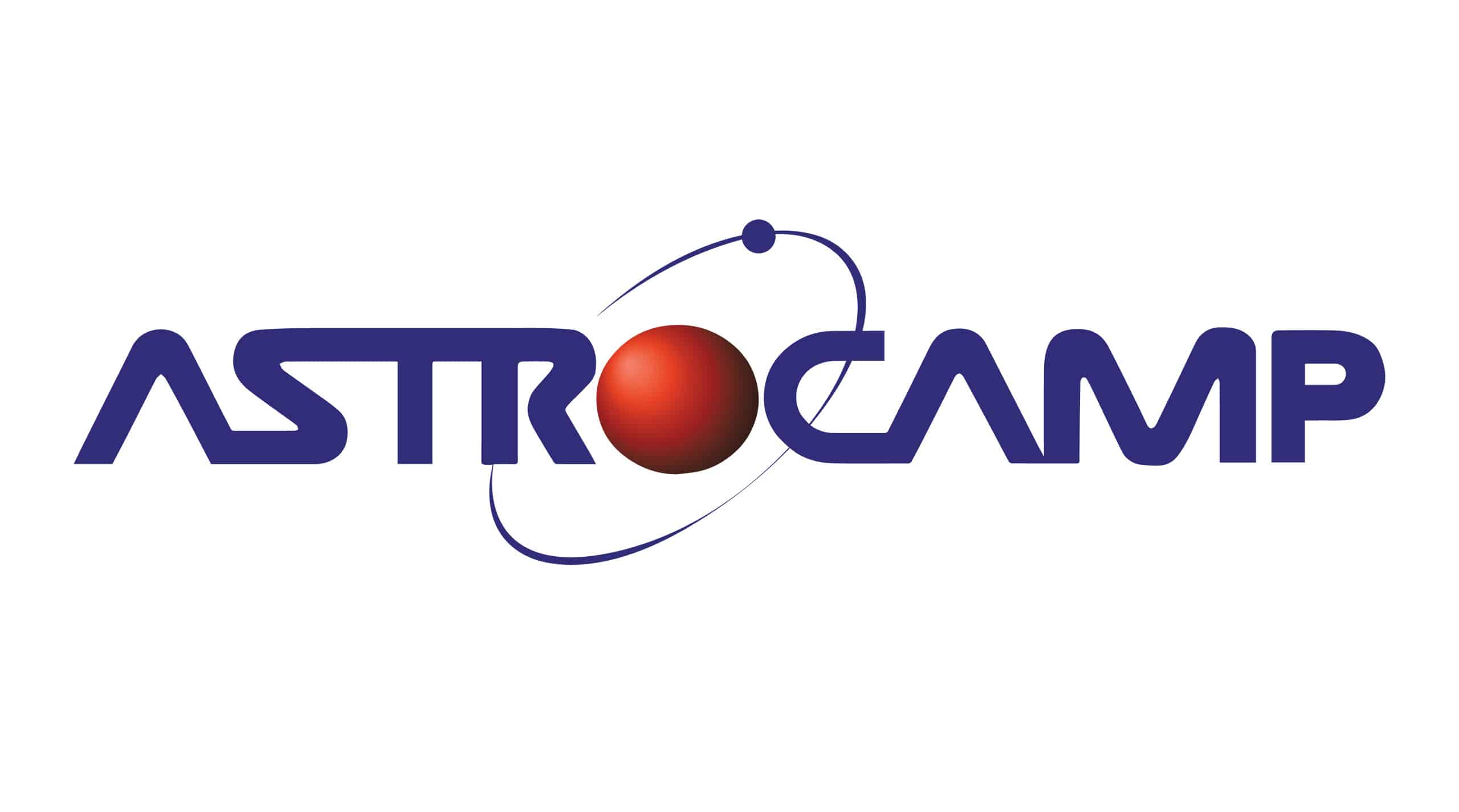When children are actively involved in learning, the lessons don’t just stay in their heads—they take root in their lives. That’s the power of experience-based learning. Research consistently shows that when children learn by doing, they understand concepts more deeply, retain knowledge longer, and build skills that carry far beyond the classroom.
At camp, we see this in action every day. Campers launch rockets, climb ropes courses, weld metal, create ceramics, and even role-play in Dungeons & Dragons campaigns. Each of these hands-on challenges is more than an activity—it’s a lesson in persistence, curiosity, and problem-solving.
Learning That’s Active, Not Passive
Studies suggest that children retain up to 75% more information when they engage in active learning compared to lectures (National Training Laboratories, via Watermark Insights, 2023). Reading about gravity is one thing; dropping water balloons from the top of a climbing tower and watching them burst is another. These moments transform abstract concepts into lived experiences.
Learning Across Multiple Disciplines
Experiential learning is powerful because it blends academic, creative, and social growth:
- STEM: Rockets, circuitry, food science, and mountain bike physics bring science and math to life.
- Arts & Making: Ceramics, welding, and digital art nurture creativity and focus.
- Communication & Storytelling: Improv games, campfire skits, and role-playing foster expression.
- Critical Thinking: Group challenges and strategy games strengthen reasoning and decision-making.
A review of 44 studies confirmed that experiential approaches significantly improve performance in science, math, and problem-solving, as well as vocabulary and reasoning (UCL, 2024).
Connecting Theory to Real Life
Children often ask, “When will I ever use this?” Experiential learning answers that question.
- Instead of reading about forces, they feel them climbing the power pole.
- Instead of calculating formulas, they watch a rocket soar across the sky.
- Instead of being told about teamwork, they live it while solving an AstroZoodiac clue together.
These experiences make learning meaningful—and memorable.
Reflection as a Learning Tool
Doing is powerful, but reflection is what turns activity into understanding. After challenges, campers pause with peers and counselors to ask: What worked? What didn’t? What might we do differently next time? That process of reflection, adjustment, and retrying helps kids transfer lessons into schoolwork, sports, and friendships.Research shows that reflective practice deepens critical thinking and makes experiential learning more effective (Frontiers in Psychology, 2021).
Learning That Lasts
Beyond academic gains, experiential learning nurtures life skills:
- Collaboration during group projects or cabin activities
- Adaptability when a ceramics piece cracks or a trail ride gets tough
- Resilience after a rocket misfires or an archery shot misses
- Creativity while experimenting in art or improv
- Confidence from seeing small efforts add up to success
One study found that adolescents in experiential programs showed measurable growth in empathy, resilience, and overall well-being (Frontiers in Psychology, 2021).
The Takeaway
Experience-based learning reminds us that education is bigger than books or tests. It’s about giving children the chance to explore, create, problem-solve, and reflect. Whether through science experiments, outdoor adventures, or creative projects, these moments prepare children not just for school—but for life.
Looking for summer camps near Los Angeles? With AstroCamp, your child gets to experience the natural world, develop new skills and get involved in their favorite activities with new people. Whether you’re searching for an astronomy camp in California or something creative for your child to pursue, our experienced staff is ready to answer all your questions. Request more information today or start your child’s enrollment now!

